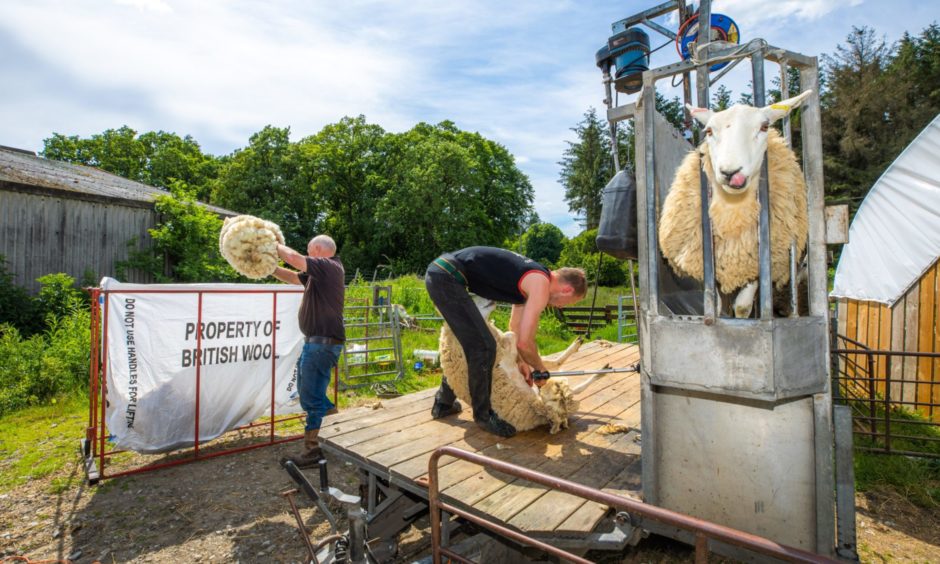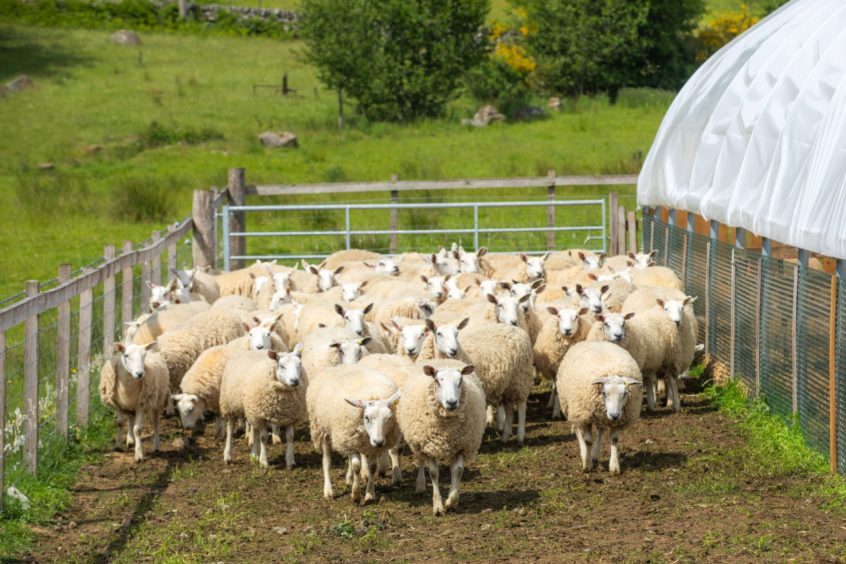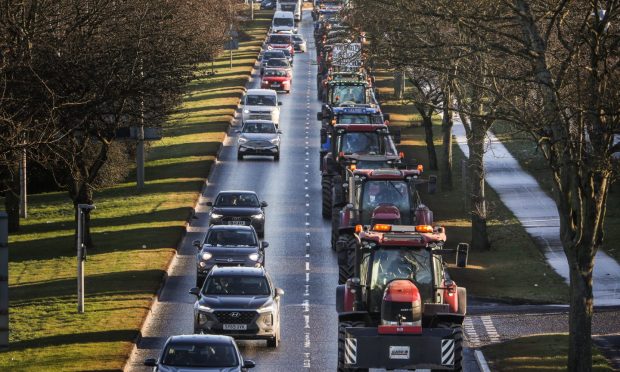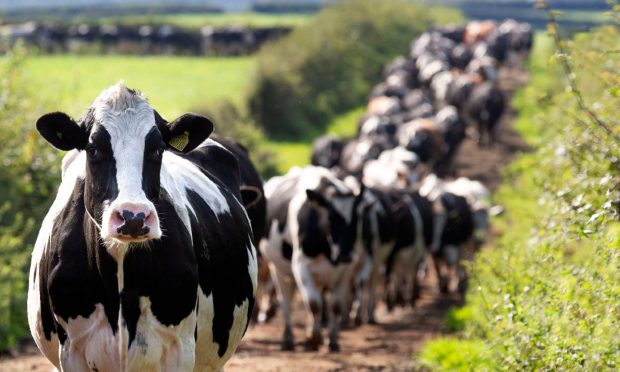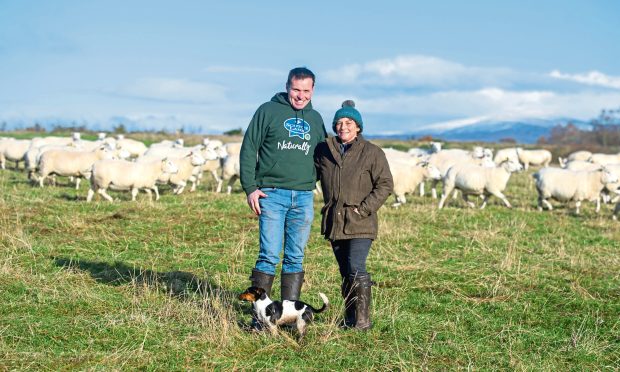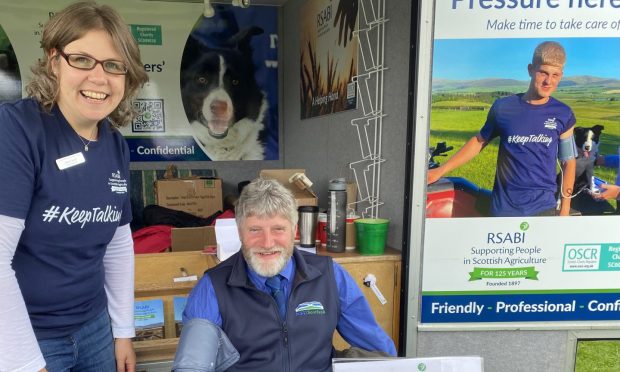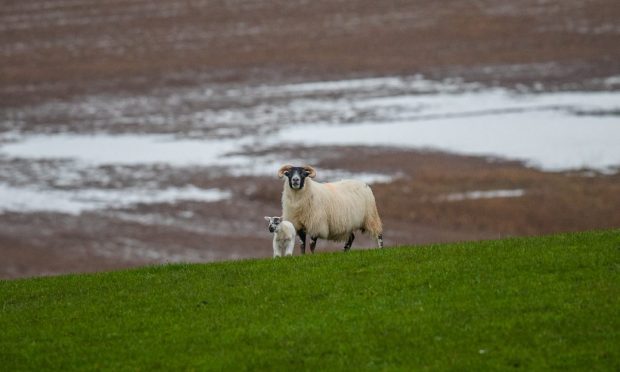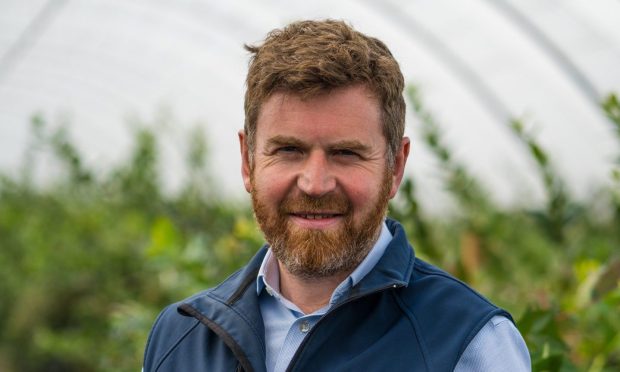Scottish sheep shearers have risen to the challenge of an expanded workload this summer to compensate for missing squads of Kiwis and Australians.
The usual contingent of 200 or so Antipodeans has been reduced to just a handful who arrived in the UK in March, but the National Sheep Association and British Wool say shearing is already well advanced despite all the implications of Covid-19 – although that is largely due to good weather.
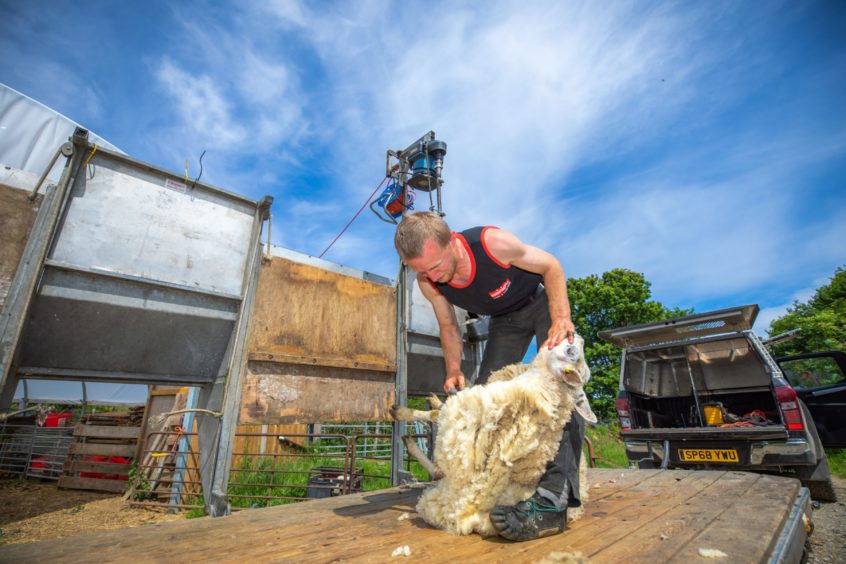
Shearers like Stewart Kennedy from Aberfeldy are shearing more local flocks than usual this year, and he says farmers are coping with social distancing requirements by “being sensible”.
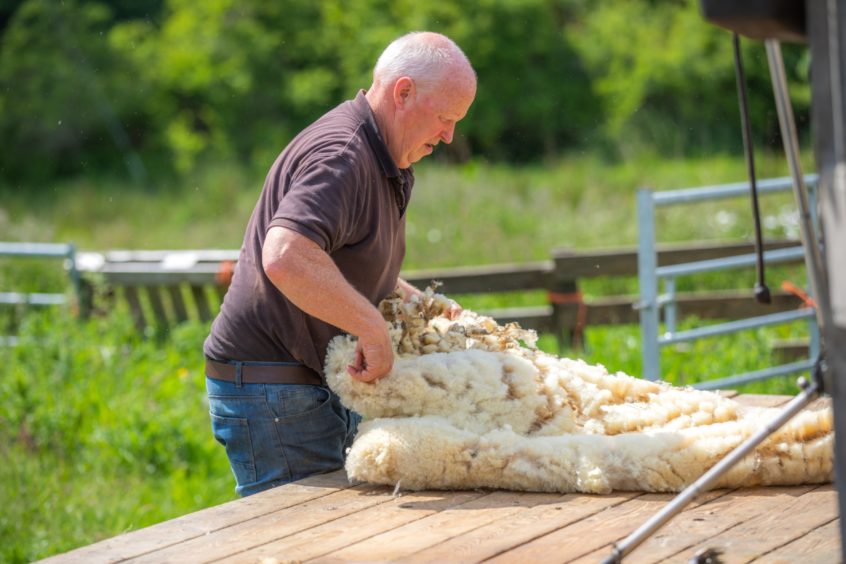
“It’s quite difficult in some ways and it’s obviously impractical to wear PPE, but we’re working round the restrictions,” he said.
“We take a step back when the packer comes forward for the fleece, for instance, and most of it is just common sense. On a lot of farms we’d usually go into the farmhouse for lunch, but clearly that’s not happening this year.”
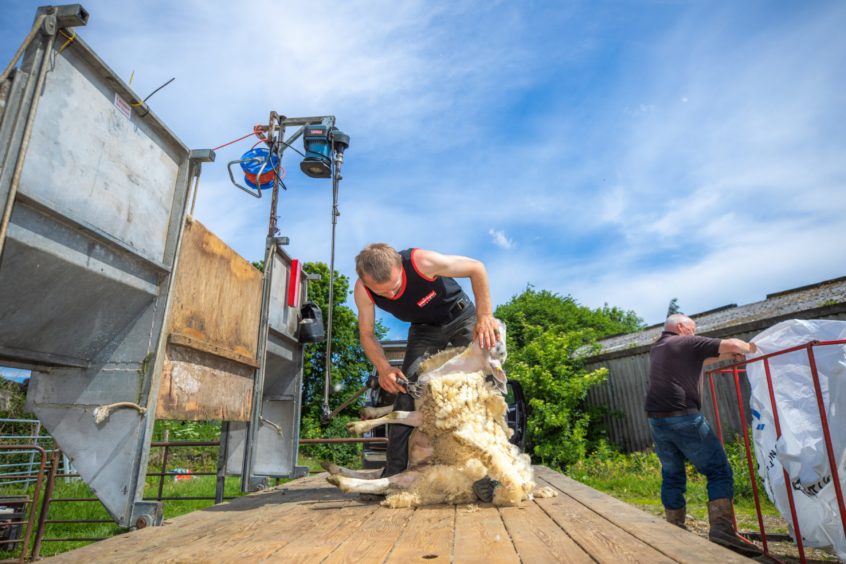
British Wool’s Scottish board member, Donald Fraser, said a scheme to put farmers in touch with squads was working well, with Scottish shearers travelling to England to help early in the season, and English shearers now working their way north.
The National Sheep Association (NSA) pointed out the overriding worry now for sheep producers is the price they are likely to get for this season’s wool, as shearing contractors need to be paid despite the collapse in markets.
British Wool has said farmers will receive an average balance payment of 32p/kg for their 2019 clip when this year’s wool is collected, and they are asking producers to wait until next summer for the full payment of the 2020 crop.
Wool stores in Britain are one-third full with nine million kilos of unsold wool, however some world markets are reopening, and British Wool says it intends to supply some product on to the market every two weeks between now and December.
